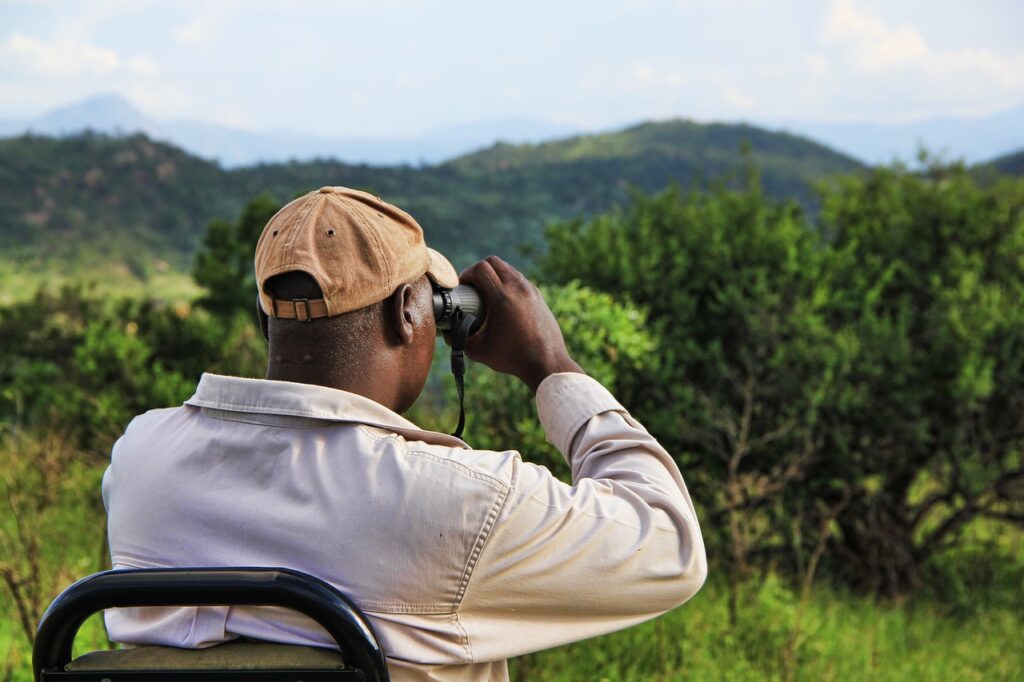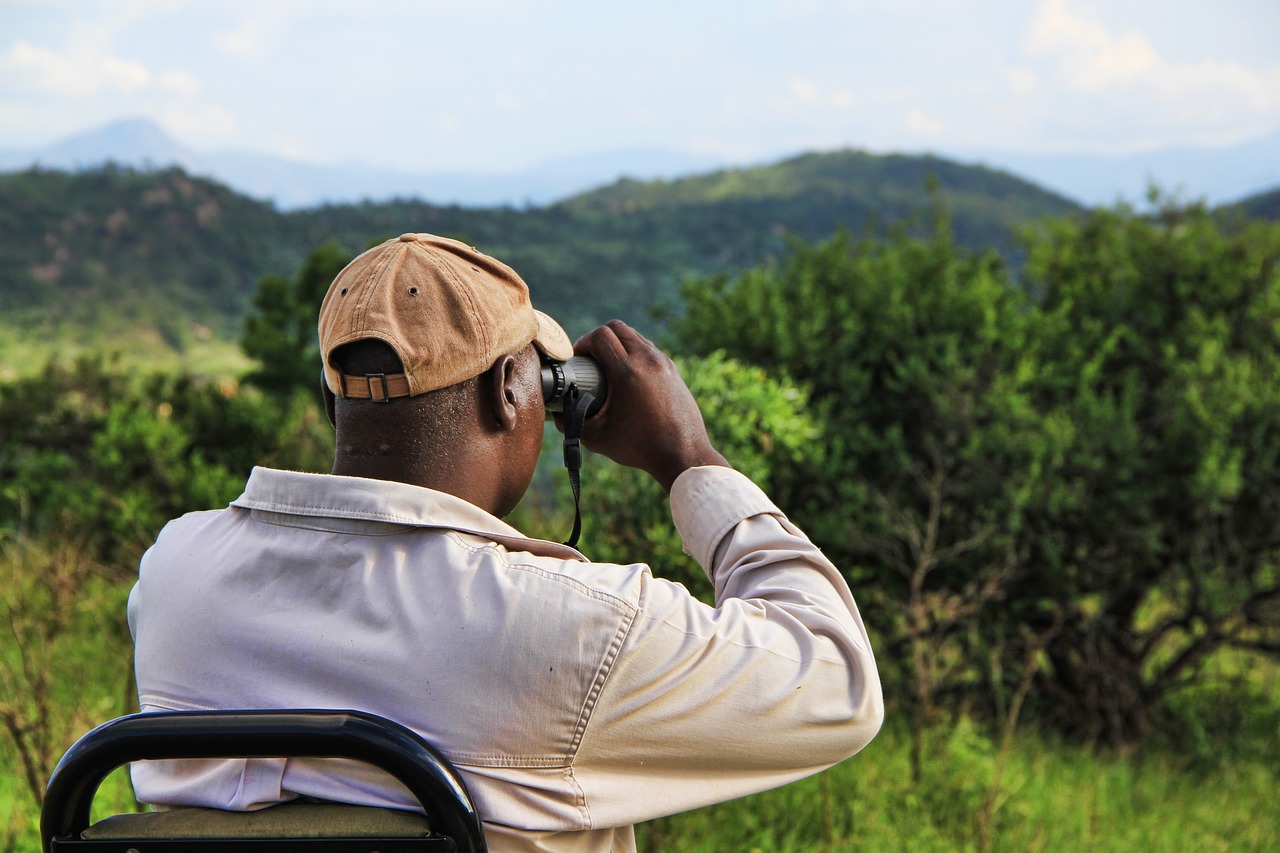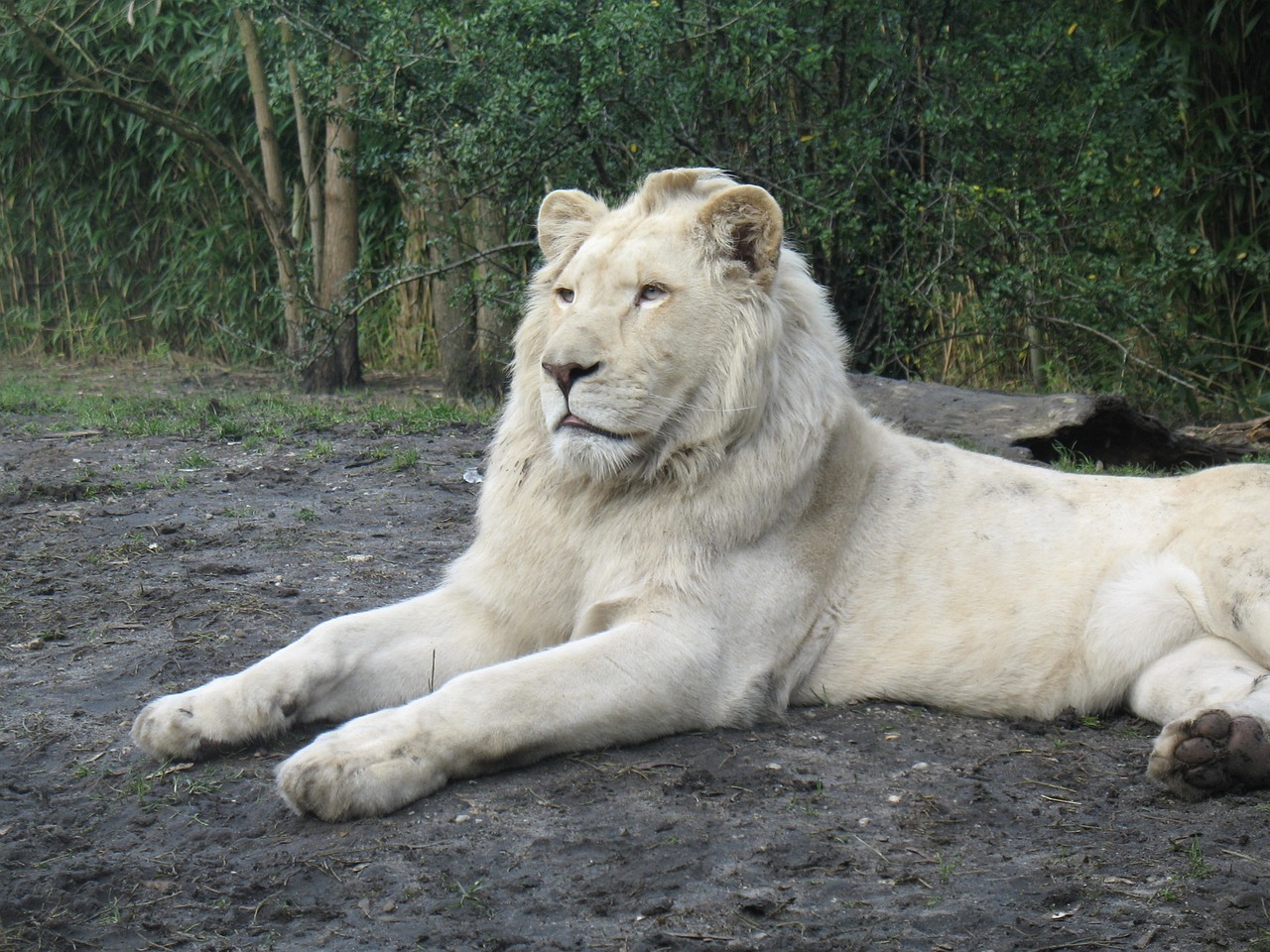
Are you captivated by the intricate dance of life within ecosystems? Do you dream of dedicating your career to understanding and protecting the natural world? If so, embarking on the journey to become an ecologist may be the perfect path for you!
In this comprehensive guide, we’ll delve into the educational pathways, essential skills, practical tips, and nuanced insights necessary to succeed in the dynamic and ever-evolving field of ecology.
In This Article…
- Understanding the Role of an Ecologist
- Educational Pathways to becoming an Ecologist
- Essential Skills and Competencies
- The 3 hacks that will make you stand out
- Nuanced Insights and Perspectives
- Conclusion
Understanding the Role of an Ecologist
Ecologists are stewards of the environment, dedicated to unraveling the complex relationships between living organisms and their surroundings.
Their work spans diverse ecosystems, from lush rainforests to vast oceans, and encompasses a wide range of responsibilities. Ecologists may conduct field surveys, analyze data, collaborate with stakeholders, develop strategies for conservation and sustainability, and advocate for environmental policies that promote biodiversity and ecosystem health.
Before we dive into it, it’s important to note that ‘Ecologist’ can be a relatively broad term.
What I am referring to in this article is become an ecologist at an NGO or Government Agency who is more on the scientific side of things. This is to differentiate it from the title of Ecological or Environmental Consultant – a related job but not quite the same thing as it focuses more on private sector consulting to mitigate environmental impact for example as part of construction projects. It is a tad less “scientific” although there is overlap. This article also does not really focus on the academic side of being an ecologist (e.g. getting a PhD, some post-docs, becoming a professor at a university). Again, there is overlap but it is not quite the same thing.
Educational Pathways to Becoming an Ecologist

The journey to becoming an ecologist begins with a solid foundation in education and training. While specific requirements may vary depending on the employer and the nature of the work, a robust educational background is essential for success in the field.
- Bachelor’s Degree: A bachelor’s degree in ecology, biology, environmental science, or a related field provides a fundamental understanding of ecological principles. Coursework typically includes subjects such as ecology, evolution, genetics, statistics, conservation biology, and ecosystem dynamics. Additionally, hands-on field experiences and research opportunities allow students to apply theoretical knowledge to real-world ecological challenges.
- Master’s Degree: Pursuing a master’s degree offers an opportunity for deeper specialization and advanced training in ecology. Graduate programs provide students with the opportunity to conduct original research, contribute to scientific knowledge, and develop expertise in a specific area of ecology. Thesis projects, internships, and collaborations with faculty mentors further enhance students’ research skills and professional development.
- Ph.D. and Postdoctoral Research: For those aspiring to pursue research or academic careers, a Ph.D. is often necessary. Doctoral programs offer students the chance to delve into cutting-edge research, engage in interdisciplinary collaboration, and contribute to scientific discourse. Postdoctoral positions provide additional opportunities for professional development, mentorship, and networking within the scientific community.
Essential Skills and Competencies

In addition to academic qualifications, ecologists require a diverse set of skills to excel in their roles. Here are some key competencies that aspiring ecologists should cultivate:
- Field Skills: Proficiency in field techniques is essential for ecologists, who spend considerable time outdoors conducting surveys, collecting data, and monitoring wildlife. Skills such as species identification, sampling methods, habitat assessment, and GPS navigation are crucial for ecological research and conservation efforts. Fieldwork experience fosters an appreciation for the complexities of natural ecosystems and enhances observational skills.
- Data Analysis and Visualization: Ecologists often utilize statistical software, geographic information systems (GIS), and programming languages like R or Python to analyze and visualize ecological data. Strong quantitative skills are essential for interpreting research findings, identifying patterns, and communicating scientific results effectively. Data visualization techniques help convey complex ecological concepts to diverse audiences and facilitate decision-making processes.
- Project Management: Ecological projects often involve multiple stakeholders, complex tasks, and tight deadlines. Effective project management skills, including planning, coordination, communication, and budgeting, are essential for successful project execution and collaboration. Ecologists must be adept at setting project goals, managing resources, resolving conflicts, and adapting to changing circumstances to ensure project success.
- Environmental Regulations: Ecologists must navigate various environmental laws, regulations, and policies that govern natural resource management and conservation. A thorough understanding of relevant legislation, permit requirements, and regulatory processes is crucial for compliance and decision-making. Ecologists must stay abreast of emerging environmental issues, policy developments, and best practices to inform their work and advocate for evidence-based conservation strategies.
The 3 ‘hacks’ that will make you stand out

In addition to acquiring the necessary education and skills, aspiring ecologists can benefit from practical tips and strategies to enhance their career prospects:
- Target local organizations: When exploring job opportunities, pay close attention to the specific requirements and skills sought after in the location you would like to work. I can not stress this one enough. It is important to know that Ecologist roles vary by location since the flora and fauna of your location and the local environmental regulations differ. This is why you need to go to job boards and find what is being offered in your area or at least the area where you would like to work if you’re considering moving. You will find out about a lot of certificates and qualifications you didn’t know about by just reading job postings. This is the part that universities don’t tell you during your bachelor’s degree.
- Volunteer with University Professors: University professors often conduct research projects that could benefit from assistance from dedicated volunteers. Reach out to professors in your field of interest and offer your assistance as a research assistant. Volunteering with a professor not only provides valuable hands-on experience but also allows you to establish professional connections, gain insights into ongoing research projects, and build a strong foundation for future collaborations. No, you will not be paid at first but paves the way to part-time paid positions, and eventually full-time paid positions. It also all gets written on your resume and counts as some entry-level experience.
- Gain Technical Skills and Certifications: In today’s competitive job market, having technical skills and certifications can set you apart from other candidates. Platforms like DataCamp, Coursera, and LinkedIn Learning offer courses in data analysis, programming, GIS, remote sensing, and ecological modeling that are highly relevant to ecological research and conservation. By gaining technical proficiency and obtaining certifications in key areas, you can enhance your qualifications, demonstrate your expertise, and increase your employability in the field. Again, you can put these certificates and skills on your resume and it would set you apart from your peers who simply went to get a degree and did nothing else.
Nuanced Insights and Perspectives
While the educational pathways and essential skills outlined above provide a solid foundation for aspiring ecologists, it’s essential to recognize that success in the field often requires adaptability, resilience, and a willingness to embrace lifelong learning. Ecologists must navigate complex socio-ecological systems, engage with diverse stakeholders, and address pressing environmental challenges in a rapidly changing world.
Furthermore, ecologists play a crucial role in bridging the gap between scientific research and actionable conservation outcomes. Effective communication, interdisciplinary collaboration, and community engagement are essential for translating scientific findings into policy recommendations, conservation initiatives, and public awareness campaigns.
Conclusion
Becoming an ecologist is a multifaceted journey that requires dedication, passion, and continuous learning. By pursuing a solid education, honing essential skills, leveraging practical tips, and embracing nuanced insights, aspiring ecologists can embark on a fulfilling career dedicated to understanding, conserving, and restoring the natural world. Whether you’re conducting field research, analyzing data, developing conservation strategies, or advocating for environmental justice, your contributions as an ecologist can make a meaningful impact on the health and sustainability of our planet’s ecosystems. Embrace the challenges and opportunities that lie ahead, and join the global community of ecologists working tirelessly to safeguard the biodiversity and resilience of our planet for future generations.


